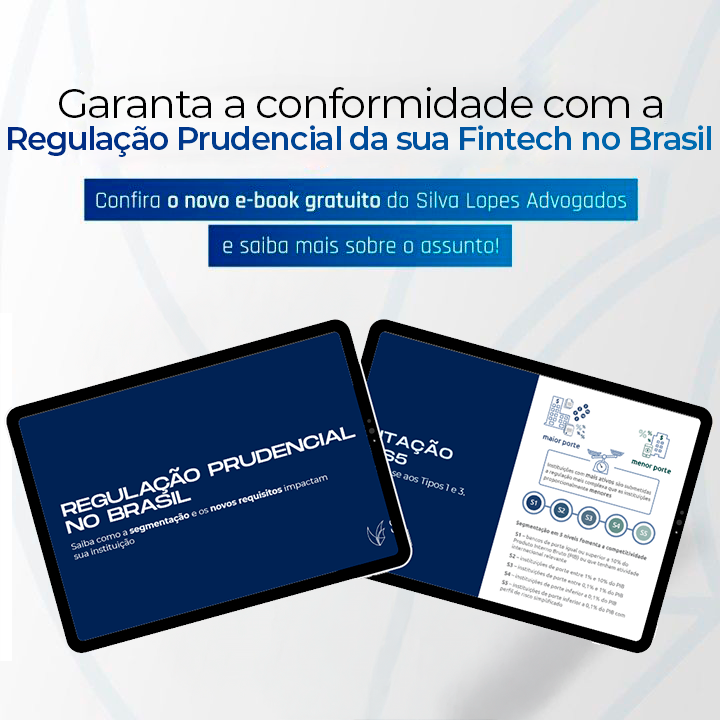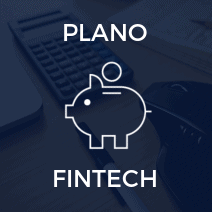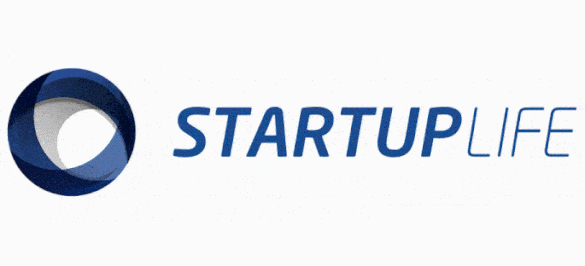By Gustavo Chaves Barcellos, Nathalia Carlet and Layon Lopes*
In Brazil, there are different ways for foreigners to make investments, which vary according to several factors.
Recently, there was a legislative reform that came to regulate one of the types of investment most sought after by early-stage companies: Angel investors loans.
Until then, Brazilian legislation did not specifically regulate the Angel investors loans. Among the characteristics about this type of investment, the following are worth mentioning:
(i) the investee company must be classified as a microenterprise, or small business, under Brazilian law;
(ii) The investment must be formalized through a participation contract;
(iii) the investment contract cannot have a term longer than 07 years;
(iv) The angel investor may be a natural or legal person;
(v) The angel investor will not have the right to manage or vote in the administration of the company;
(vi) The angel investor will not answer for any doubt of the company, not applying the rules of disregard of the company’s legal personality to reach the angel investor;
(vii) The angel investor will be remunerated for his contributions, for a maximum period of 5 (five) years;
(viii) The remuneration received by the angel investor will correspond to the company’s distributed results, and may not exceed 50% (fifty percent) of the company’s profits;
(ix) The amounts contributed by the angel investor will not be considered as the company’s revenue for purposes of classifying the society as a micro or small business under the Brazilian law, which will protect the society if the contribution received by the angel investor is too high;
(x) The angel investor may only redeem the amounts contributed after at least two years have elapsed from the capital contribution, or longer term established in the participation agreement, and the amounts to be received by the investor may not exceed the amount of the contribution, duly corrected;
(xi) The transfer of ownership of the participation contract by the angel investor is possible, provided that the partners consent, unless otherwise expressly stipulated in the contract;
(xii) If the company is sold, the angel investor will have preemptive rights in the acquisition of the company’s shares; and,
(xiii) Finally, the right to joint sale of ownership of the capital contribution is guaranteed, under the same terms and conditions that are offered to the company’s partners (also known as tag along, commonly working in corporations).
Analyzing the characteristics mentioned above, there are two problems: (i) the legislator ended up standardizing strictly business points, which can harm negotiations between the Parties involved; and, (ii) demonstrated a lack of knowledge about the needs of Brazilian startups.
Regarding the lack of knowledge about the needs of Brazilian startups, it should be noted that, according to Law No. 123 (which regulates the angel investment contract): The angel investor will be remunerated in up to 5 (five) years; The contract signed between the angel investor and the company cannot have a term exceeding 7 (seven) years; The remuneration received by the angel investor will correspond to the company’s distributed results, and may not exceed 50% (fifty percent) of the company’s profits; The angel investor may only redeem the amounts contributed after at least two years have elapsed from the capital contribution, or longer term established in the participation agreement, and the amounts to be received by the investor may not exceed the amount of the contribution , duly corrected.
Therefore, the legislator sets deadlines and percentages that are typically debated in an investment negotiating arc, without bringing a rationale for such deadlines and percentages.
However, there is an alternative that is sometimes better: Convertible Loan Agreements.
The Convertible Loan Agreement is the most used alternative when structuring the investment in a Startup. In simple terms, this type of contract is derived from Convertible Notes – widely used in other countries such as the United States, for example – and operationalizes a loan of an amount that will be converted in the future into equity interest in the invested company for the investor.
Therefore, this type of operation is characterized by the fact that the investor does not immediately enter the company’s corporate structure, a fact that is well regarded in the eyes of investors, as it limits and removes the investor’s labor and tax obligations at this initial moment of the startup. In this way, although investors do not act as partners at the start of the startup, they also do not share the business risks if the startup does not develop as planned.
On the entrepreneur’s side, the convertible loan is also seen positively, as it offers the possibility of raising financial resources for the company without the need for immediate entry of new partners, which may eventually bureaucratize decision-making in the business. That said, it is worth noting that, depending on the amount to be invested, it is very common for the loan agreement to offer a series of rights to the investor, including the power of veto in certain operations.
A primordial aspect of the Convertible Loan, so that there is no taxation, is that the interest is acquired only when the company converts to a corporation, since in this corporate type the goodwill in the operation is not subject to tax. Thus, the loan agreement provides for the conversion of this corporate type and is basically divided into 2 main groups of obligations: pre-conversion and post-conversion.
Furthermore, it is very common to add other obligations, such as:
(i) Lock-Up – Obligation of the founders to remain in the company’s membership;
(ii) Exclusive Dedication – Obligation of the founders/strategic people to dedicate themselves exclusively to the company’s operation;
(iii) Non-competition – Prohibition in relation to founders/partners from getting involved in other companies that carry out the same activity as the investee;
(iv) Non-Solicitation – Obligation of the founders and investors not to solicit employees and collaborators of the company.
Finally, a very important aspect in the Convertible Loan Agreements is that, at the end of the stipulated period, when the loan period ends, the investor may choose to obtain its equity interest in the invested company or demand payment back of the amount invested plus interest and monetary correction. Since, for one side, as we have already mentioned, the Convertible Loan is inspired by the American Convertible Notes, the Convertible Loan Agreement that does not offer the option of refunding the value in cash – limiting only the acquisition of equity interest – is considered the Brazilian version of an institute that has been widely used, mainly in the United States, called SAFE (simple agreement for future equity).
*Layon Lopes is the CEO of Silva | Lopes, Gustavo Chaves Barcellos and Nathalia Carlet are members of the Silva | Lopes team.











